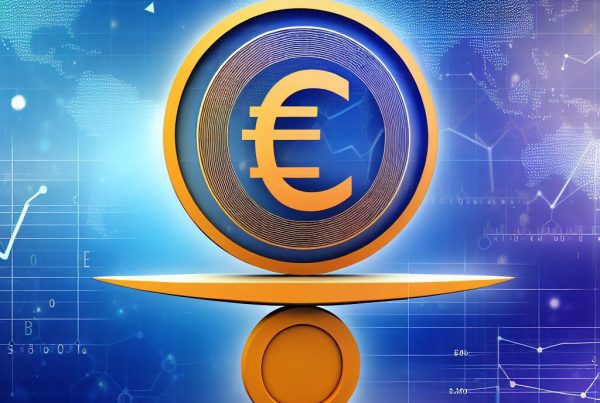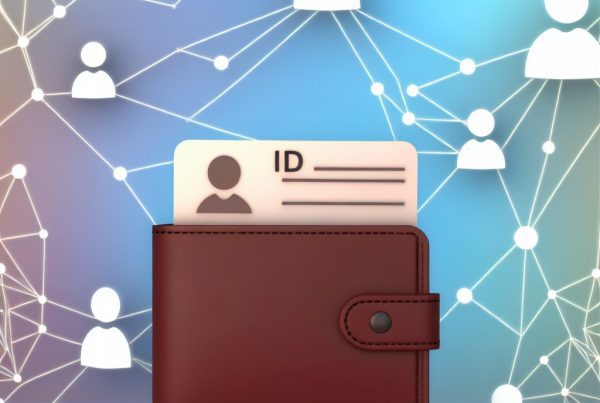The Role of Governance Tokens in DeFi Projects
The rise of decentralized finance (DeFi) has transformed the financial landscape, offering innovative solutions that challenge traditional banking systems. At the heart of many DeFi projects lies a unique mechanism known as governance tokens. These tokens empower users to participate in the decision-making processes of decentralized platforms, ensuring that the community has a voice in the evolution of the project. This article delves into the significance of governance tokens in DeFi, their functionalities, and their impact on the broader cryptocurrency ecosystem.
Understanding Governance Tokens
Governance tokens are digital assets that grant holders the right to participate in the governance of a decentralized protocol. Unlike traditional tokens that may serve as a medium of exchange or store of value, governance tokens are specifically designed to enable users to vote on key decisions affecting the protocol. This can include changes to the protocol’s rules, allocation of funds, and the introduction of new features.
Governance tokens are typically issued by DeFi projects and can be acquired through various means, including liquidity mining, staking, or purchasing on exchanges. The distribution of these tokens often reflects the project’s commitment to decentralization, as they are usually allocated to users who actively participate in the ecosystem.
The Importance of Governance Tokens in DeFi
Governance tokens play a crucial role in the DeFi ecosystem for several reasons:
- Decentralization: Governance tokens promote decentralization by allowing users to have a say in the project’s direction. This reduces the risk of central authority and aligns the interests of the community with the project’s success.
- Incentivization: By holding governance tokens, users are incentivized to engage with the platform actively. This can lead to increased liquidity, user retention, and overall growth of the project.
- Transparency: Governance processes are typically conducted on-chain, ensuring transparency and accountability. This allows all stakeholders to track decisions and their implications.
- Community Engagement: Governance tokens foster a sense of community among users, as they collectively work towards the project’s goals. This engagement can lead to innovative ideas and improvements.
How Governance Tokens Work
The mechanics of governance tokens can vary from one project to another, but they generally operate on a few common principles:
- Voting Rights: Token holders can vote on proposals, with the weight of their vote often proportional to the number of tokens they hold. This means that larger holders have more influence over decisions.
- Proposal Submission: In many cases, any token holder can submit a proposal for consideration. This democratic approach encourages diverse ideas and solutions.
- Quorum Requirements: To ensure that decisions reflect the community’s consensus, many projects require a minimum number of votes (quorum) for a proposal to be valid.
- Implementation: Once a proposal is approved, it is implemented on the blockchain, often through smart contracts, ensuring that the changes are executed automatically and transparently.
Case Studies of Governance Tokens in Action
Several prominent DeFi projects have successfully implemented governance tokens, showcasing their effectiveness in community-driven decision-making:

1. Uniswap (UNI)
Uniswap, one of the leading decentralized exchanges, launched its governance token, UNI, in September 2020. UNI holders can propose and vote on changes to the protocol, including fee structures and liquidity incentives. The introduction of UNI not only decentralized governance but also incentivized users to provide liquidity, significantly boosting the platform’s growth.
2. MakerDAO (MKR)
MakerDAO is another pioneering DeFi project that utilizes governance tokens. MKR holders have the power to vote on critical decisions, such as risk parameters for collateral types and stability fees. This governance model has allowed MakerDAO to adapt to changing market conditions and maintain its stability as a decentralized stablecoin.
3. Aave (AAVE)
Aave, a decentralized lending platform, introduced its governance token, AAVE, to empower its community. AAVE holders can vote on protocol upgrades, new features, and risk parameters. The governance model has enabled Aave to innovate rapidly while ensuring that the community’s interests are prioritized.
The Challenges of Governance Tokens
While governance tokens offer numerous benefits, they also come with challenges that need to be addressed:
- Voter Apathy: Many token holders may not participate in governance due to a lack of interest or understanding, leading to low voter turnout and decisions that do not reflect the community’s will.
- Whale Influence: Large holders of governance tokens (whales) can disproportionately influence decisions, potentially sidelining the interests of smaller holders.
- Complexity: The governance process can be complex and intimidating for new users, which may deter participation and engagement.
- Security Risks: Governance proposals can be exploited if not properly vetted, leading to potential vulnerabilities in the protocol.
Future Trends in Governance Tokens
The landscape of governance tokens is continually evolving, with several trends emerging that could shape their future:
- Layer 2 Solutions: As Ethereum and other blockchains face scalability issues, layer 2 solutions may become more prevalent, allowing for faster and cheaper governance transactions.
- Enhanced Voting Mechanisms: Projects may explore innovative voting mechanisms, such as quadratic voting, to ensure that governance reflects the preferences of the broader community rather than just the wealthiest participants.
- Cross-Protocol Governance: As DeFi ecosystems grow, there may be a push for cross-protocol governance, allowing users to participate in multiple projects with a single governance token.
- Integration with Traditional Finance: The lines between DeFi and traditional finance may blur, leading to governance tokens being recognized in regulatory frameworks and potentially influencing traditional financial systems.
FAQs about Governance Tokens
What are governance tokens?
Governance tokens are digital assets that allow holders to participate in the decision-making processes of decentralized protocols, influencing changes and developments within the project.
How do I acquire governance tokens?
You can acquire governance tokens through various means, including liquidity mining, staking, or purchasing them on cryptocurrency exchanges.
What is the significance of governance tokens in DeFi?
Governance tokens promote decentralization, incentivize community engagement, ensure transparency, and allow users to have a say in the project’s direction.
Can anyone participate in governance?
Yes, typically any holder of governance tokens can participate in governance by voting on proposals or submitting their own.
What are the risks associated with governance tokens?
Risks include voter apathy, whale influence, complexity of governance processes, and potential security vulnerabilities in proposals.
Conclusion
Governance tokens are a fundamental component of the DeFi ecosystem, enabling decentralized decision-making and fostering community engagement. As the cryptocurrency industry continues to evolve, the role of governance tokens will likely expand, presenting new opportunities and challenges. By understanding their significance and mechanics, users can better navigate the DeFi landscape and contribute to the growth of decentralized finance.
For the latest updates on cryptocurrency news and price tracking, visit Bitrabo. Stay connected with me on social media: X, Instagram, and Threads.
Disclaimer: This article is for informational purposes only and should not be considered financial advice. Always conduct your own research before investing in cryptocurrencies.
The Crypto Watchlist of the Week 🔎
Subscribe to receive expert-curated projects with real potential—plus trends, risks, and insights that matter. Get handpicked crypto projects, deep analysis & market updates delivered to you.


